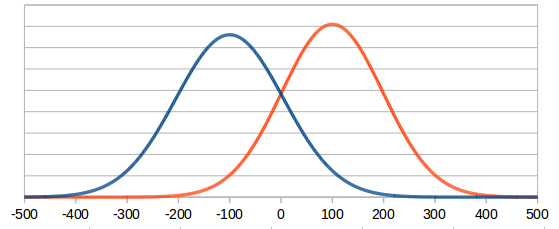|
|
Post by SPECIALEDITION on Mar 14, 2022 1:28:27 GMT
linkThis is an interactive personality test measuring traits that differ between introverts and extraverts. Introduction: The idea of introversion and extraversion is one of the oldest and most well known ideas in personality psychology. The terms were popularized by Carl Jung in the early 1900s and almost all general personality tests have included some measure of the construct. The evidence indicates that people can mean several different things when they describe themselves as an introvert or extravert, so the trait of introversion-extraversion should actually be broken down into a couple different, though related, traits. Procedure: The test has 91 statements of opinion that you must rate on a five point scale of how much you agree with each. It should take most people 10-15 minutes to complete.
|
|
|
|
Post by SPECIALEDITION on Mar 14, 2022 1:52:12 GMT
These are the results from the Multidimensional Introversion-Extraversion Scales. Scores on the MIES range between -500 and +500 and are adjusted so that the average score for self identified introverts is -100 and the average score for self identified extraverts is +100 for each of the different scales. Overall scoreYour score for overall Introversion-Extraversion was was 24. The distributions of how self identified introverts (blue) and self identified extraverts (red) score are shown below.  There is a lot of overlap in the middle, which seems may seem strange given that introverts and extroverts are usually considered be different categories. Shouldn't all extraverts get a higher score than all introverts? The reason for this overlap is differences in what definitions people are using to decide if they are introverts or extraverts. For example one person who has social anxiety but likes dancing at the club might consider themselves an introvert because they believe that introversion-extraversion is about how good/confident you feel when interacting with people, while a second person with those same traits might consider themselves an extrovert because they think that introversion-extraversion is about how often you leave your house to be around people. There is no one correct definition of I-E, only definitions that are more or less similar to the average definition. Every question on this test was selected because self identified introverts and extroverts answer them differently on average. Subscore 1You score for the first subcomponent of Introversion-Extraversion was -189. This scale reflects how much you like being around people, more or less.Subscore 2You score for the second subcomponent of Introversion-Extraversion was 289. This scale reflects how socially confident you are and your inclination towards leadership. |
|